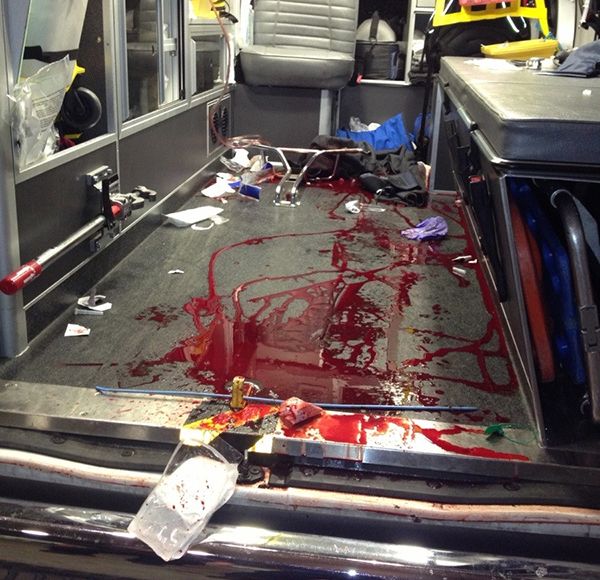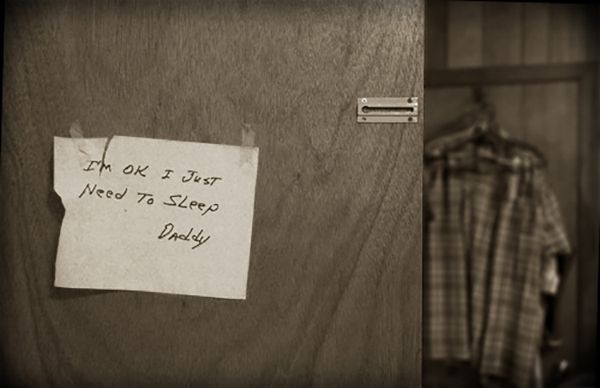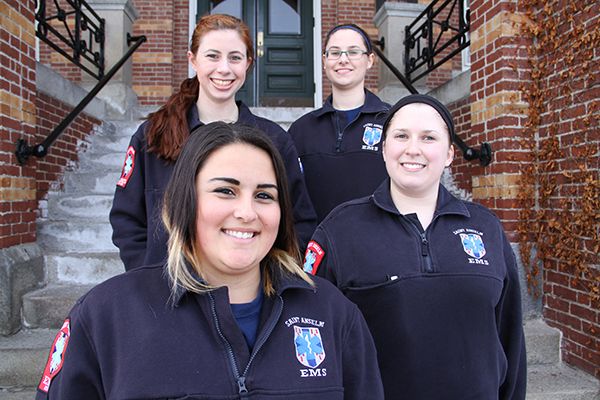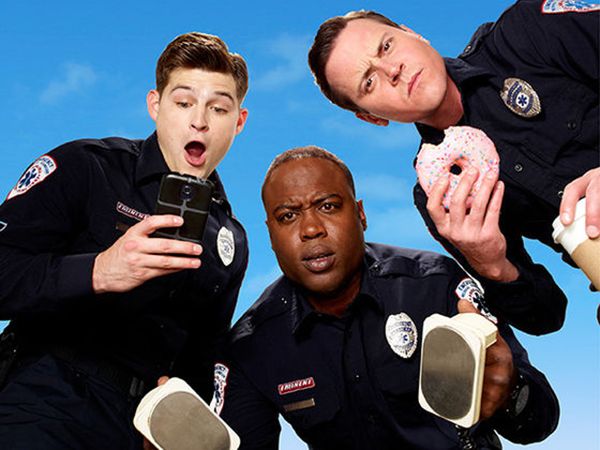By Sean Eddy
EMS is one of the most misunderstood professions in existence.
Movies and TV shows portray us to be these non-stop, live-saving, adrenaline junkies. The truth is, our jobs aren’t nearly as “exciting” or “interesting” as most people think.
Here are five things people don’t understand about paramedics.
1) We don’t like blood and guts.
There’s damned few tasks that are less desirable than cleaning blood out of the back of an ambulance. One of the common reactions I get when I‘m asked about my line of work is: “I couldn’t do that. I don’t like blood and guts.”
Well, neither do I. People often misinterpret our tolerance for such things as us somehow “liking” it. The truth is, I don’t like bloody and gory scenes any more than anyone else. It just doesn‘t bother me to the point that I can’t do my job.
2) We don’t want to talk about the worst call we’ve ever had.
I’ve never fully understood what makes people think it’s OK to ask us to dig these memories up. Nobody would dare ask this of a person who deals with sexual abuse or something similar. The “worst thing” we’ve ever seen isn’t going to be some jacked up car wreck, it’s going to be the kind of call that gives you nightmares. It’s the call that makes you hug your children tighter at night. There’s nothing glamorous about it.
3) Some of the hardest parts of this job don’t involve medicine.
Yes, we deal with tragedy and death, but sometimes the hardest thing we face occurs when we walk in the front door of our house. Money problems, relationship strains, and a lack of life balance can raise hell on a household.
There have been times in my life where facing the parents of a recently deceased child was easier than addressing my own problems at home. There are simply no words to describe what that feels like.
4) We still have hearts.
We are often accused of being “heartless” by the people that are close to us. We don‘t react to things like death and illness like most people. This leaves others thinking that we just don’t have any emotion.
The truth is, we don‘t have much of a choice. We absolutely still care about people. We‘ve just learned to control our emotions out of necessity. Once again, it’s difficult to put to words the way we actually feel about these kinds of things.
5) We’re borderline crazy.
Most reasonable people would look at our jobs and say: “You’d have to be crazy to do that.” We work long hours, often make low wages, and have to deal with some pretty difficult situations. We are often treated like garbage and rarely thanked.
It can be hard to explain what exactly drives us to do what we do. Sometimes it’s the one in a hundred calls that drives us. Sometimes it‘s the “brotherhood” or comradery. For many of us, there is no reason that most people would understand. We just love what we do.

















